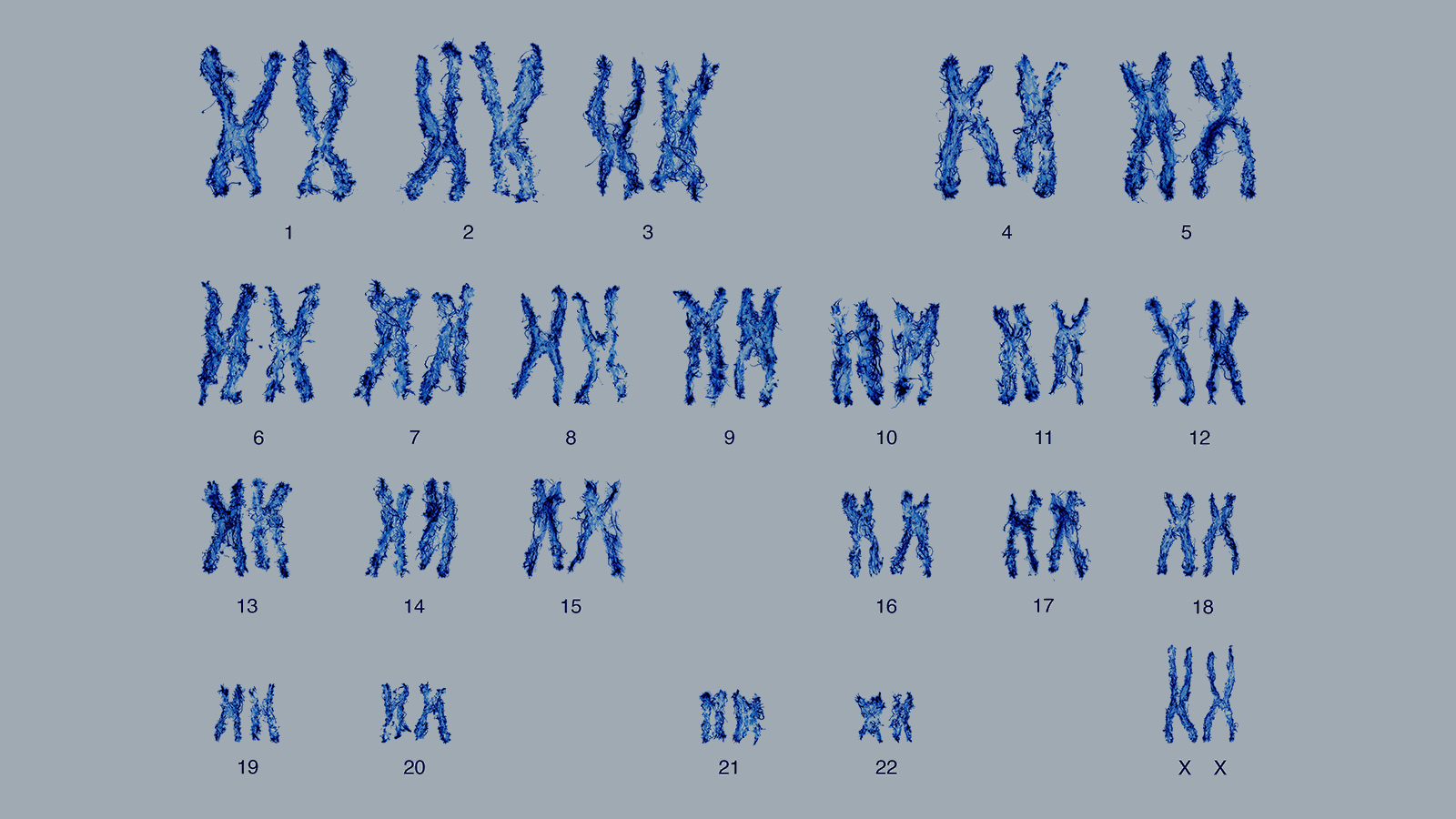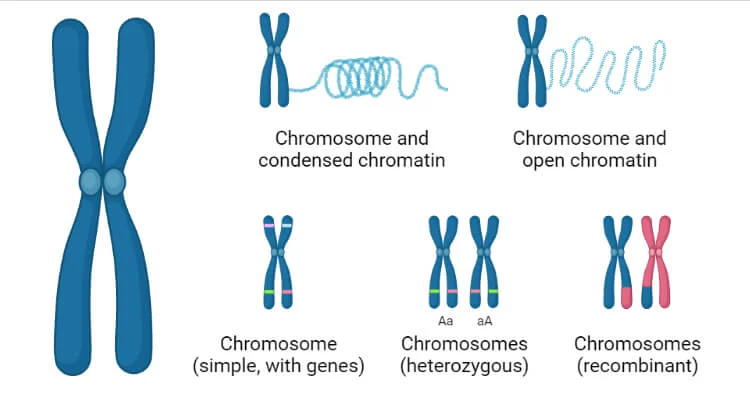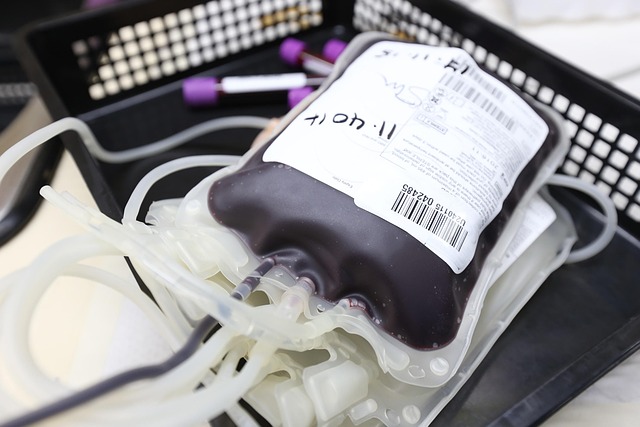Introduction
Ever wonder what makes you unique, right down to your cells? It’s not just about your hairstyle or your accent—it’s written deep in your DNA. Humans have 23 pairs of chromosomes packed inside almost every cell, and each pair holds the genetic instructions for your body, traits, and even your health. Think of chromosomes as the ultimate instruction manuals, passed down from your parents. Ready for a quick, quirky tour? Let’s meet your chromosomes!
What Are Chromosomes?
Chromosomes are long, thread-like structures made of DNA and proteins. Each human cell (except egg and sperm cells) has 46 chromosomes, arranged in 23 pairs—one from your mom, one from your dad. They’re like books in a library, each containing chapters (genes) that code for specific traits or functions.
Why Do We Have Pairs?
Having pairs means you get a “backup copy” of every gene—one from each parent. That’s why you might get your mom’s nose but your dad’s chin… or sometimes a mix!
A Quick Tour: Your 23 Chromosome Pairs
1. Chromosome 1:
The biggest one! Packed with over 2,000 genes, it’s linked to brain development, intelligence, and even some cancers.
2. Chromosome 2:
Famous for being a fusion of two ancestral ape chromosomes. Involved in growth and development.
3. Chromosome 3:
Carries genes related to eye color and the immune system.
4. Chromosome 4:
Contains genes for limb and facial structure, and linked to Huntington’s disease.
5. Chromosome 5:
Includes genes affecting lung development and some rare genetic disorders.
6. Chromosome 6:
Home to the HLA complex, which controls immune response—basically, it helps you fight off infections.
7. Chromosome 7:
Contains the gene for cystic fibrosis and influences sense of smell.
8. Chromosome 8:
Related to brain development and certain cancers.
9. Chromosome 9:
Influences blood type and some forms of muscular dystrophy.
10. Chromosome 10:
Linked to hair growth and some forms of diabetes.
11. Chromosome 11:
Holds genes for hemoglobin (blood), and affects how you break down drugs.
12. Chromosome 12:
Associated with growth hormone production and some metabolic disorders.
13. Chromosome 13:
Linked to retinal development and certain cancers (like retinoblastoma).
14. Chromosome 14:
Important for brain development and the immune system.
15. Chromosome 15:
Known for Prader-Willi and Angelman syndromes, plus some eye color genes.
16. Chromosome 16:
Where our friend the ABCC11 gene lives! Decides your earwax type and body odor, plus linked to some kidney disorders.
17. Chromosome 17:
Home to the BRCA1 gene (breast cancer risk), and other important cancer-related genes.
18. Chromosome 18:
Linked to muscle function and certain syndromes like Edwards syndrome.
19. Chromosome 19:
Packed with genes for cholesterol metabolism, and some skin/hair traits.
20. Chromosome 20:
Related to brain function and some epilepsy types.
21. Chromosome 21:
The smallest, but mighty—having an extra copy causes Down syndrome.
22. Chromosome 22:
Contains genes for the immune system and certain heart defects.
23. Sex Chromosomes (X and Y):
- XX = Female, XY = Male (in most cases)
- The X carries hundreds of important genes; the Y is much smaller and decides male sex development.
- Some rare people have XXY, XYY, or other combinations, which can affect traits or health.

Fun Chromosome Facts
- Everyone’s combination is unique! Except for identical twins.
- Chromosome 1 is the largest, Chromosome 21 is the smallest.
- Mitochondria have their own little “mini-chromosome”—but that’s a story for another day.
- Errors in chromosomes can lead to conditions like Down syndrome, Klinefelter syndrome, or Turner syndrome.
Why Should You Care About Chromosomes?
- Personal traits: Eye color, hair texture, height, and even some quirky things like how you smell (hello, ABCC11!).
- Health: Some diseases run in families because of the genes on certain chromosomes.
- Ancestry: Tracing chromosomes can reveal where your ancestors came from.
- Genetic testing: New technology lets you see what’s hiding in your chromosomes—for fun, for health, or just to learn something new.
Goofy (But Real) Reader Questions
Q: Can I change my chromosomes to get new traits?
A: Nope—once you’re born, your chromosome setup is for life!
Q: Are all animals’ chromosomes the same as humans’?
A: Not even close. Dogs have 39 pairs, cats have 19, and some plants have hundreds!
Q: Do “bad” chromosomes mean I’m unhealthy?
A: Not at all—everyone has little quirks and harmless variations.
Q: What’s the weirdest chromosome?
A: Maybe the Y—it’s tiny, only found in males, and losing genes as humans evolve!
Conclusion
Your chromosomes are more than just biology—they’re a living record of your family, your traits, and the tiny twists of DNA that make you special. So next time you look in the mirror, remember: you’re 23 pairs of incredible, one-of-a-kind genetic magic.



